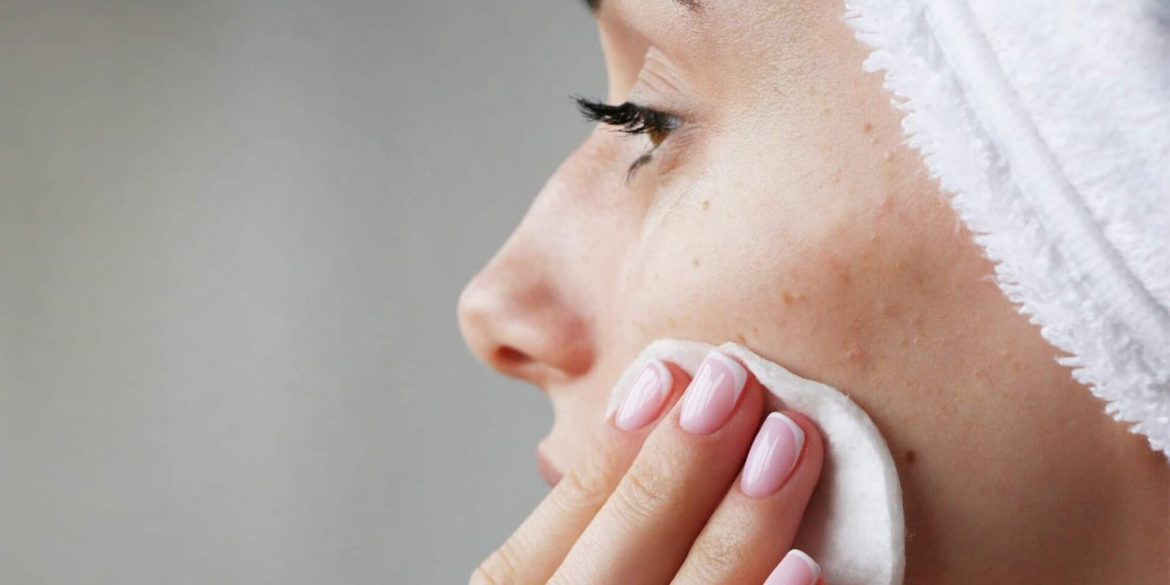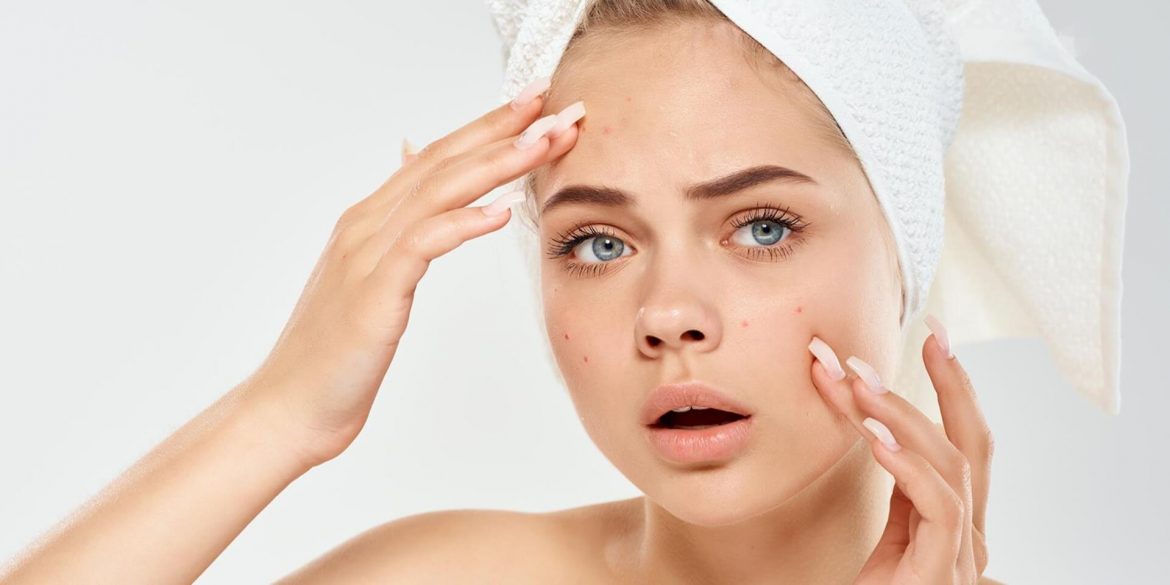Hyperpigmentation is an incredibly common skin condition, but while we’ve all heard of it, do you know what it is? If your skin has become patchy and develops dark spots, or if you’ve noticed uneven tones across your face, these changes are likely caused by hyperpigmentation. While there’s no one-size fits all fix for this issue, understanding the different types and treatments available can help restore a more even complexion so that you’re looking and feeling your best again. Read on to learn about the potential causes of hyperpigmentation and some effective remedies.
Why does pigmentation increase after exposure to sunlight?
The sun, particularly UV radiation, is the main environmental factor affecting the skin and the main damaging factor. The production of melanin and the formation of pigmentation is a protective reaction of the skin to an irritant to protect the vital structures of the cell. UV radiation transmits a positive signal to the epidermal-melanin units. As a result, a cascade of complex biochemical reactions is launched, resulting in age spots or their darkening.
The common treatments for hyperpigmentation
The most common treatment options for hyperpigmentation include topical creams and serums, chemical peels, laser therapy, and micro-needling. Topical creams and serums usually contain hydroquinone, kojic acid, or azelaic acid, all bleaching agents that can reduce the appearance of dark spots. Chemical peels also remove pigments from the skin’s surface, while laser therapy targets melanin-producing cells and breaks them down. Finally, micro needling is a newer treatment option that involves using tiny needles to puncture the skin and stimulate collagen production, which can help reduce the appearance of hyperpigmentation.

One of the gold standards for hyperpigmentation correction is phototherapy – selective absorption of pigmented spot melanin by high-intensity broadband light while healthy tissues are not damaged. The procedure is painless, non-invasive, and does not require rehabilitation. The pronounced result of clarification occurs within a few days. It is recommended to combine hardware techniques with mesotherapy containing brightening components.
How to prevent hyperpigmentation
The best way to prevent hyperpigmentation is to protect yourself from the sun. Ensure you wear sunscreen with an SPF of at least 30 every day, even when it’s cloudy or you’re not planning to be in the sun for long periods. Also, try to avoid tanning beds and take extra precautions outdoors. Additionally, some people may benefit from topical brightening creams and serums with hydroquinone or kojic acid to prevent hyperpigmentation before it starts. Finally, take care of your skin by regularly cleansing and moisturizing it.
By following these preventative measures and treatment methods, you can help reduce the appearance of hyperpigmentation and regain your natural skin tone. However, it’s always best to consult a dermatologist or skin care specialist before undergoing treatments. With the right medical advice and treatment plan, you can regain your even complexion quickly.


